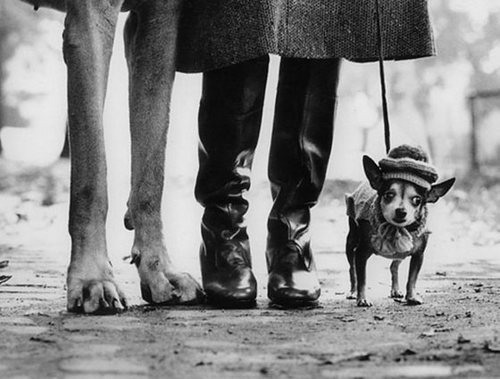.
In truth, everything and everyone
is a shadow of the Beloved.
And our seeking is His seeking,
and our words are His words.
We search for Him here and there.
While looking right at Him,
sitting by His side, we ask:
'O Beloved, where is the Beloved?'
Enough with such questions!
Let silence take you to the core of life.
All your talk is worthless when compared
with one whisper of the Beloved.
—Rumi
.
Are you looking for me?I am in the next seat.
My shoulder is against yours.
You will not find me in the stupas,
not in Indian shrine rooms,
nor in synagogues,
nor in cathedrals:
not in masses,
nor kirtans,
not in legs winding around your own neck,
nor in eating nothing but vegetables.
When you really look for me,
you will see me instantly —
you will find me in the tiniest house of time.
Kabir says: Student, tell me, what is God?
He is the breath inside the breath.
—Kabir
.
close your eyes. fall in love. stay there.
—Rumi
.













